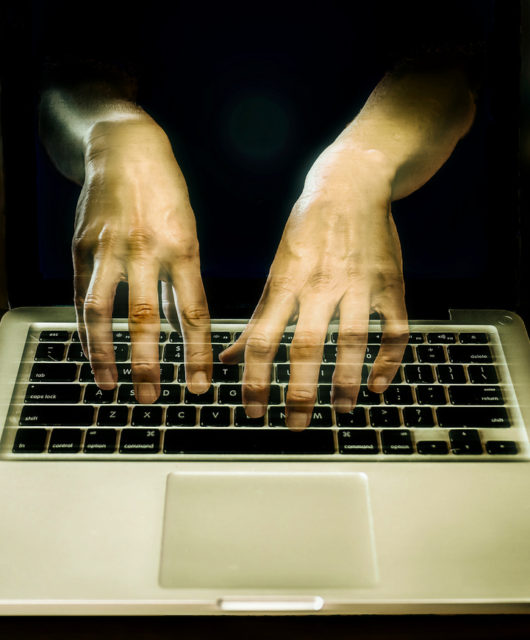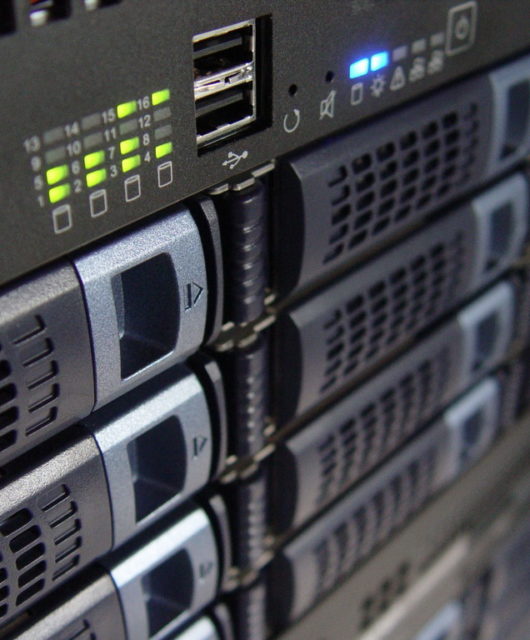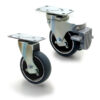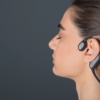Cyber Security 101: Prevent Credit Card Data Theft by Keeping the Following Three Principles in Mind
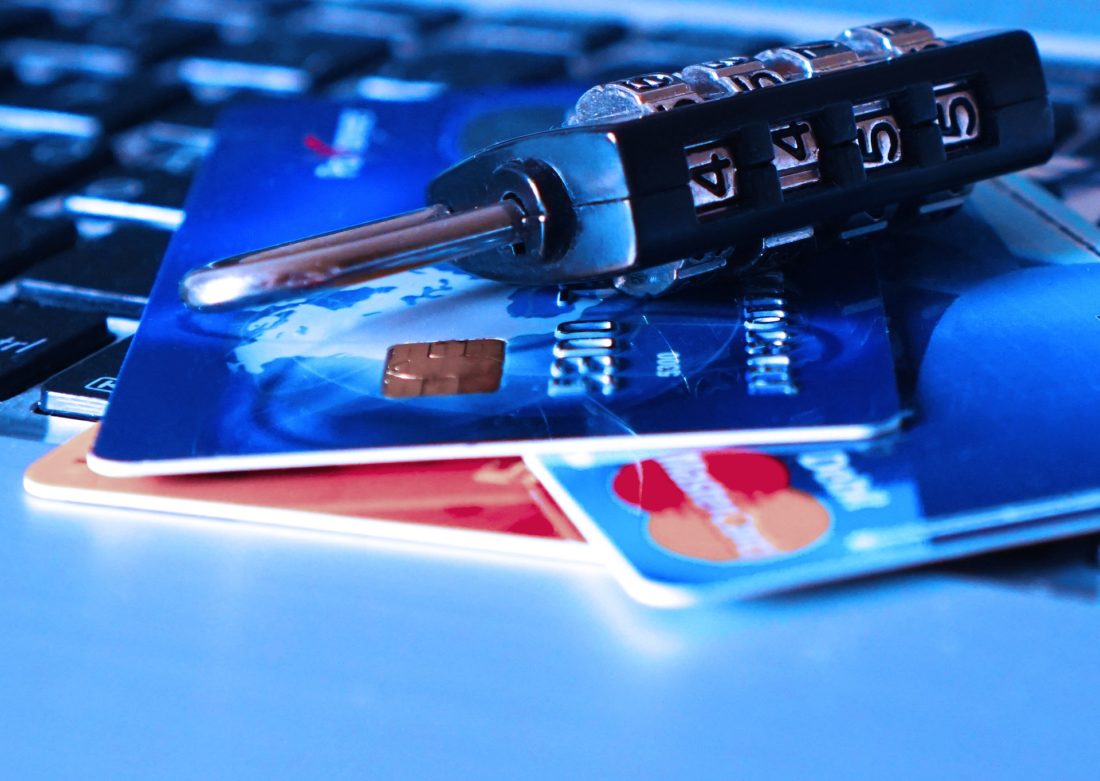
Credit card data theft is on the rise, and the cybersecurity industry is booming. Most of the reason for that is because there are skilled and unscrupulous hackers out there who feel that the key to wealth is at their fingertips anytime they sit in front of a keyboard. It’s hard to argue with them, too, when some consumers are careless with their cards, convinced it will never happen to them. But there’s precautions that everyone should take, and here are the three biggest ones.
Under No Circumstances Click on A Link in A Text Message
You’ve probably heard of phishing, and the many forms it takes. Just as you shouldn’t respond to any spam emails from Nigerian princes, you should beware of text messages from phone numbers you do not recognize, especially those with a link attached. By clicking on that link, you can get sent to a website that will swiftly capture your personal information, and that often includes access to your bank accounts and credit cards. Many people use Apple Pay and similar features on their phones, and storing your credit card login on a phone app is equally common.
Be Especially Careful with ATMs
Card skimming devices are another way that thieves attempt to snatch your credit card info. When you use an ATM, check first to see if there is any additional apparatus visible which is clearly not supposed to be there. ATMs inside or attached to banks are also much safer to use than off-brand ATMs in isolated locations. Whenever possible, wait until you can use your bank’s proprietary ATM. Also, use your hand to prevent anyone from seeing when you input your pin number. If you have to make a purchase late at night, use a credit card instead of getting cash out.
Beware Giving Out Your Credit Card Info Over the Phone or Public Wi-Fi
If you plan on buying something over the phone and you’re going to be giving out your credit card information, you should wait until you’re in a secure location to do it. It helps to go to a site like this one, https://ivrnet.com/over-the-phone-credit-card-fraud-pci-compliance-guide-for-business-and-government to learn more. Don’t use public wi-fi or unsecured networks to check on your bank accounts or credit card balances either. Wait until you’re at home and use your network there.
Take Precautions Whenever Possible
It’s impossible to ensure that you are entirely safe at all times from credit card theft and theft of personal information, but if you follow these practices, you run much less risk of your sensitive data being taken by hackers. Most credit cards and bank accounts now offer notification services, however, if suspicious deductions or charges show up. With rapid notification of a breach, you can quickly get to work on canceling the card or recouping the money that was lost. Banks are insured, so you should be able to get satisfaction. It’s a pain to go through the whole process, though, so try and lessen the chances of it happening with some common-sense prevention.


